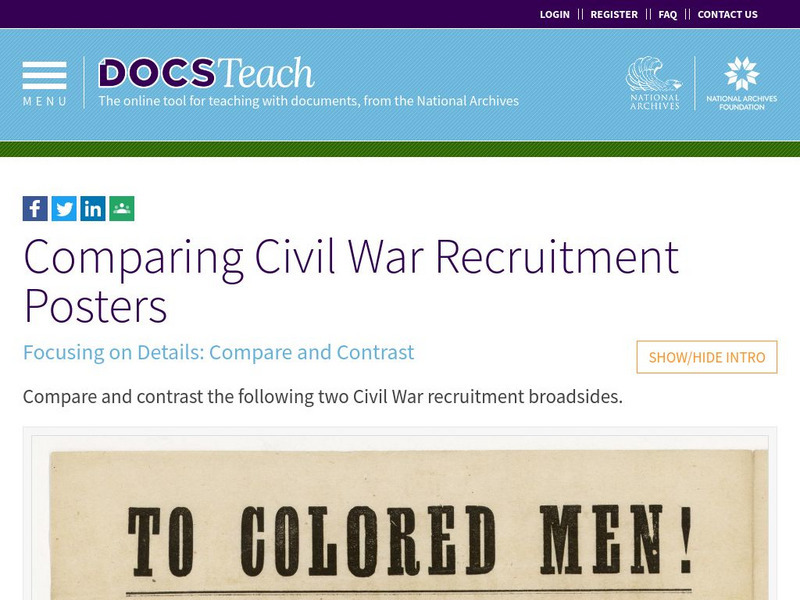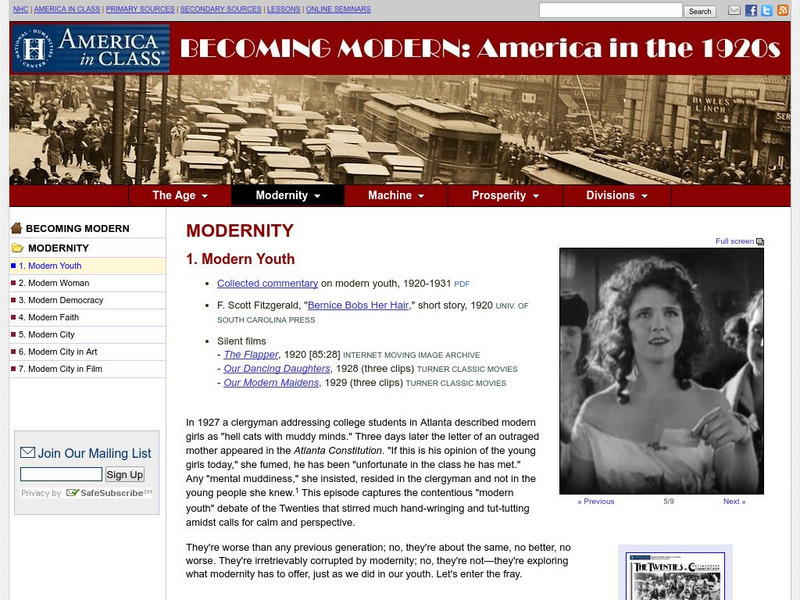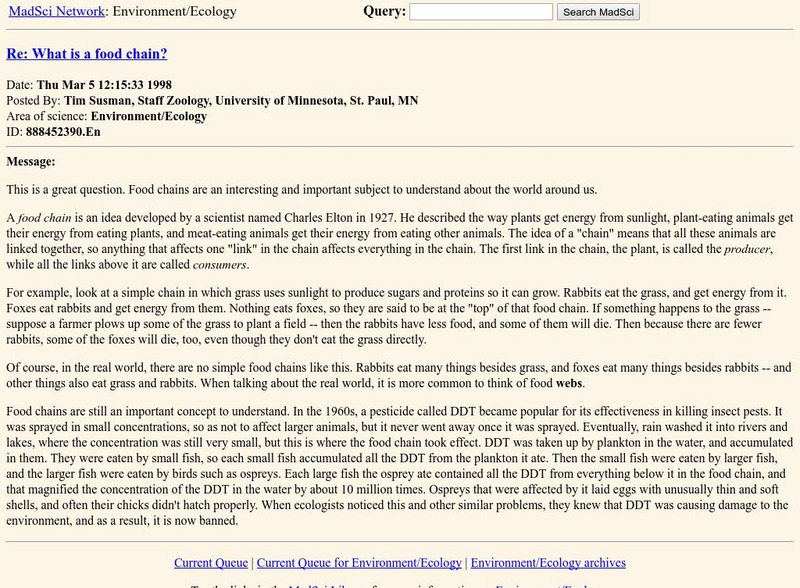Other
Historical Scene Investigation: The Boston "Massacre"
In this activity, students examine primary sources to learn about the perspectives of the different parties involved in the Boston Massacre of 1770, and to form opinions about who was responsible for what happened and whether the verdict...
Cengage Learning
Literature of Discovery and Exploration
Teaching approach that examines the writings of European New World explorers from the late 1400s through the 1600s. Includes Christopher Columbus, Alvar Nunez Cabeza de Vaca, Rene Goulaine de Laudonniere, Pedro Menendez de Aviles, Fray...
Other
Historical Thinking Matters: Rosa Parks: Textbook
In this lesson, students critique a standard textbook account of Rosa Parks and the Montgomery Bus Boycott. They read and analyze two primary documents and consider how this evidence specifically contests the textbook's account. Then...
Thinkport Education
Thinkport: Comparing Perspectives of the Cuban Missile Crisis
In this module, students examine the different points of view of the political leaders involved in the Cuban Missile Crisis.
Roy Rosenzweig Center for History and New Media
Teaching History: Interactive Historical Thinking Poster (Secondary)
This is an interactive historical thinking poster. History is an argument about the past. Constructing a narrative about history involves several tasks: Analyzing Primary Sources, Examining Source Information,Using Evidence to Support...
PBS
Pbs Teachers: Conflicting Newspaper Accounts (Civil War Lesson Plan) [Pdf]
Multilayered lesson that begins with analysis of a series of photographs of the battle of Antietam and ends with writing an account of the battle in the style of a nineteenth-century war correspondent from opposing perspectives of North...
US National Archives
Docsteach: Comparing Civil War Recruitment Posters
Learners will compare and contrast military recruitment posters to analyze various perspectives regarding the role of African Americans during the Civil War. They will determine the purpose of each poster - one recruiting black men for...
National Humanities Center
National Humanities Center: America in Class: America in the 1920s: Modern Youth
The National Humanities Center presents collections of primary resources compatible with the Common Core State Standards - historical documents, literary texts, and works of art - thematically organized with notes and discussion...
MadSci Network
What Is a Food Chain?
Discussion of what makes up a food chain and its significance. Includes some historical perspectives on developing the concept, and on how a pesticide called DDT affected food chains during the 1960's.
PBS
Pbs News Hour: Remembering September 11 (Lesson Plan)
A activity that focuses on the impact of 9-11 alongside a review of the symbolic and historic importance of the Gettysburg Address. Students will compare and contrast differing viewpoints on 9-11 and write about how America has changed...
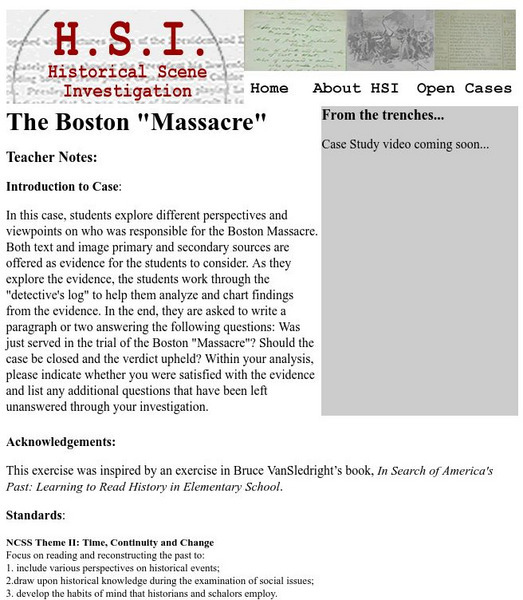
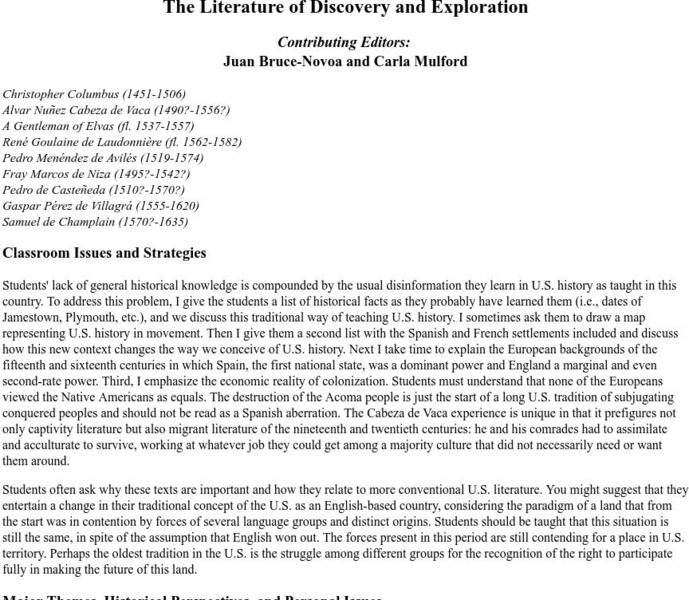



![Pbs Teachers: Conflicting Newspaper Accounts (Civil War Lesson Plan) [Pdf] Lesson Plan Pbs Teachers: Conflicting Newspaper Accounts (Civil War Lesson Plan) [Pdf] Lesson Plan](https://content.lessonplanet.com/knovation/original/41528-385cb213e0de2299b311cc32f0592197.jpg?1661419286)
